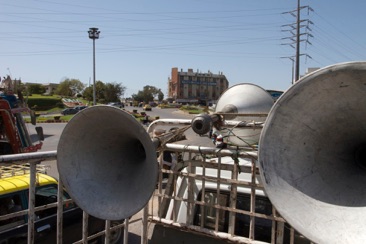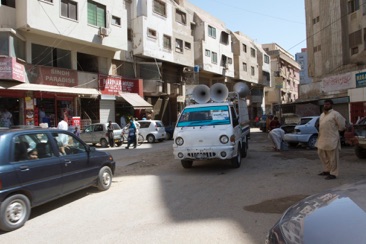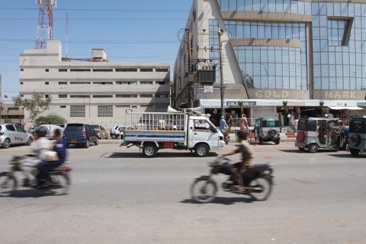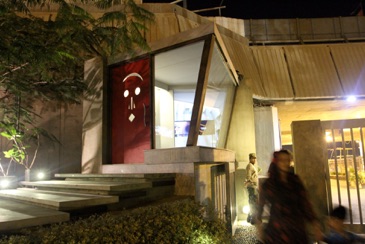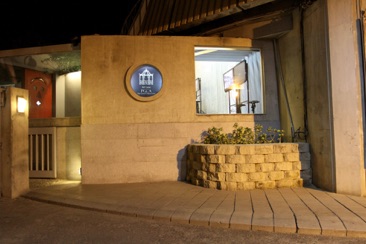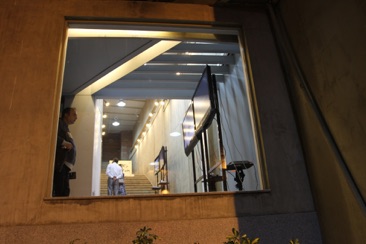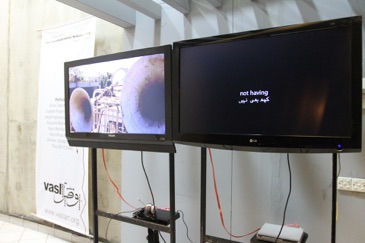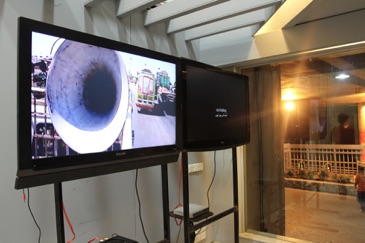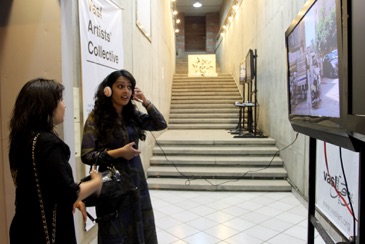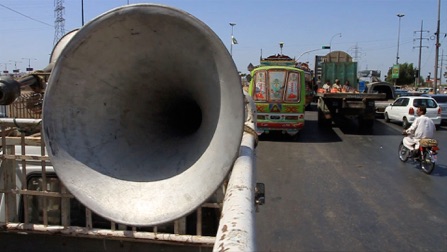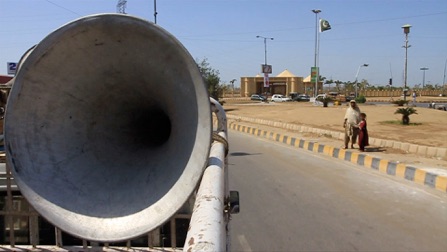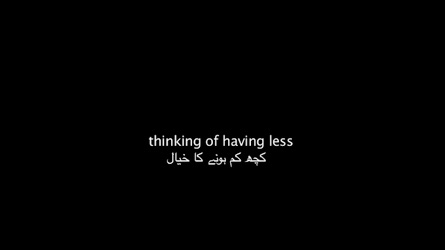More than me. Less than you
Nomadic sound piece and video installation / 2012
Developed from conversations with artists met in Karachi, Pakistan.
Exhibited at: Streets of Karachi in 2012 (sound piece), Port Grand Gallery in Karachi in 2012 (video installation)
and Clark House in Mumbai in 2015 (film)
Supported by: VASL, Karachi, Pakistan (part of Triangle Arts Trust).
More than me. Less than you edited to one screen film presented at Clark House (Mumbai, 2015):
